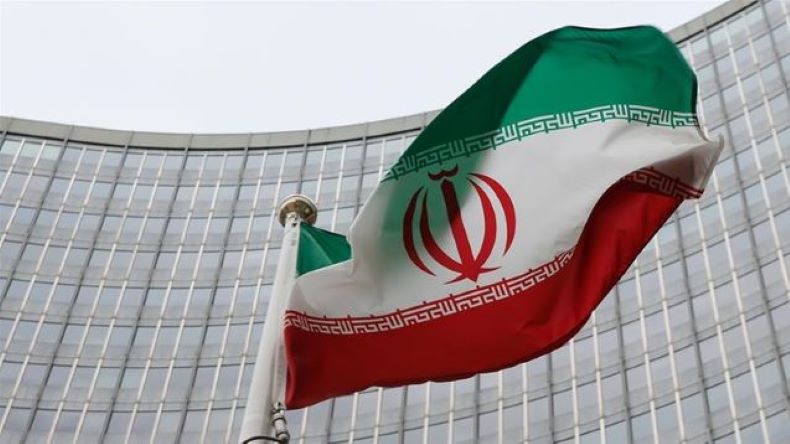TEHRAN – The Iranian Foreign Ministry issued a stern warning on Monday in response to Israeli airstrikes that targeted military sites in Iran over the weekend. Spokesman Esmaeil Baghaei emphasized that Tehran would “respond firmly and effectively” to what he termed the “aggression of the Zionist regime.”
Baghaei’s comments followed Israeli airstrikes on October 26, which reportedly killed at least four Iranian soldiers and a civilian identified as Allahverdi Rahimpour, a security guard who lived near Tehran. Initial reports did not indicate civilian casualties, but Iranian media later confirmed Rahimpour’s death, sparking further outrage in Iran.
The Israeli strikes were reportedly a retaliation for a missile attack launched by Iran on October 1, which was itself a response to the killing of key Iran-backed militant leaders and a commander of the Revolutionary Guards. The cycle of violence has raised alarms about a broader conflict, particularly in the context of Israel’s ongoing military operations against Hamas and Hezbollah, both of which are aligned with Iran.
During a regular news conference, Baghaei stated that Iran is prepared to use “all available means” to counter future attacks, insisting that the nature of Iran’s response would depend on the specifics of any new aggression. He also called on the U.N. Security Council to adopt a “decisive and firm” stance against Israel’s actions, which he criticized for violating the airspace of neighboring countries, including Iraq.
Adding to the tension, Major General Hossein Salami, the chief commander of Iran’s Revolutionary Guards, warned that Israel would face “bitter consequences” for its airstrikes. Salami described the Israeli attacks as indicative of a “miscalculation and helplessness,” particularly as Israel grapples with the escalating threats from Iran-aligned militants in both Gaza and Lebanon.
In light of these developments, analysts suggest that while Iran is eager to project strength, it may also be cautious about escalating the conflict further. Iranian media coverage has downplayed the severity of the Israeli operation, hinting at a strategic decision to avoid broader confrontation while still affirming its commitment to retaliate.
As tensions continue to rise, the international community watches closely, with calls for de-escalation and a ceasefire in both Gaza and Lebanon remaining a focal point for Iran’s diplomatic efforts. The situation remains fluid, and the potential for further military exchanges between Iran and Israel looms large.





